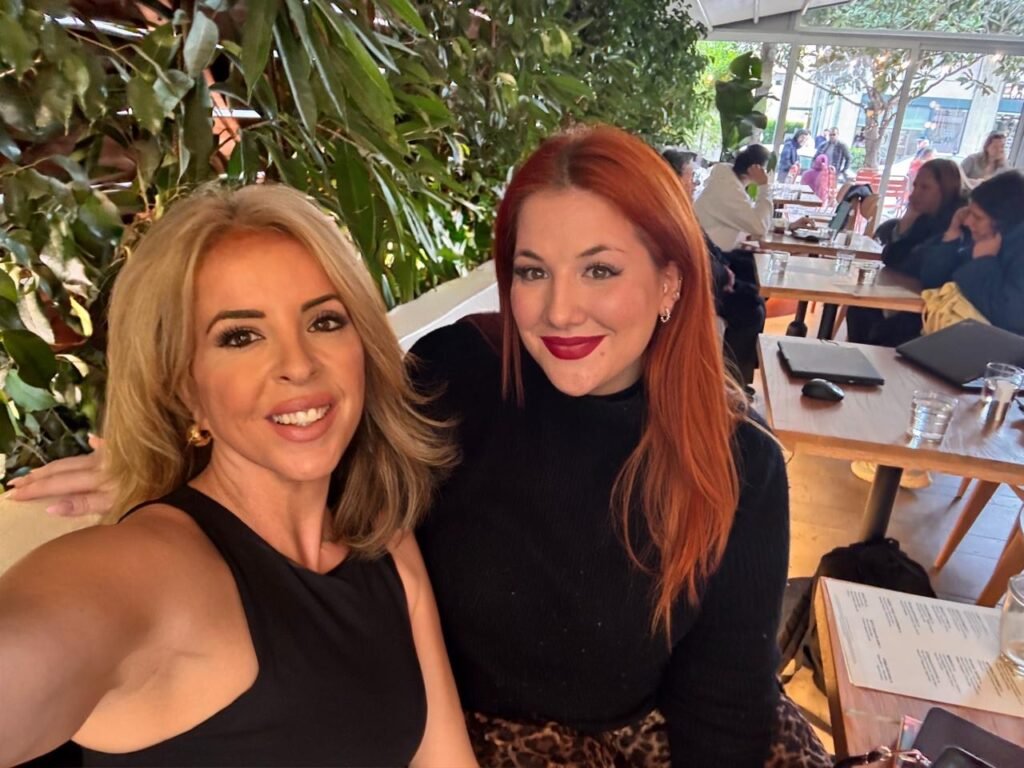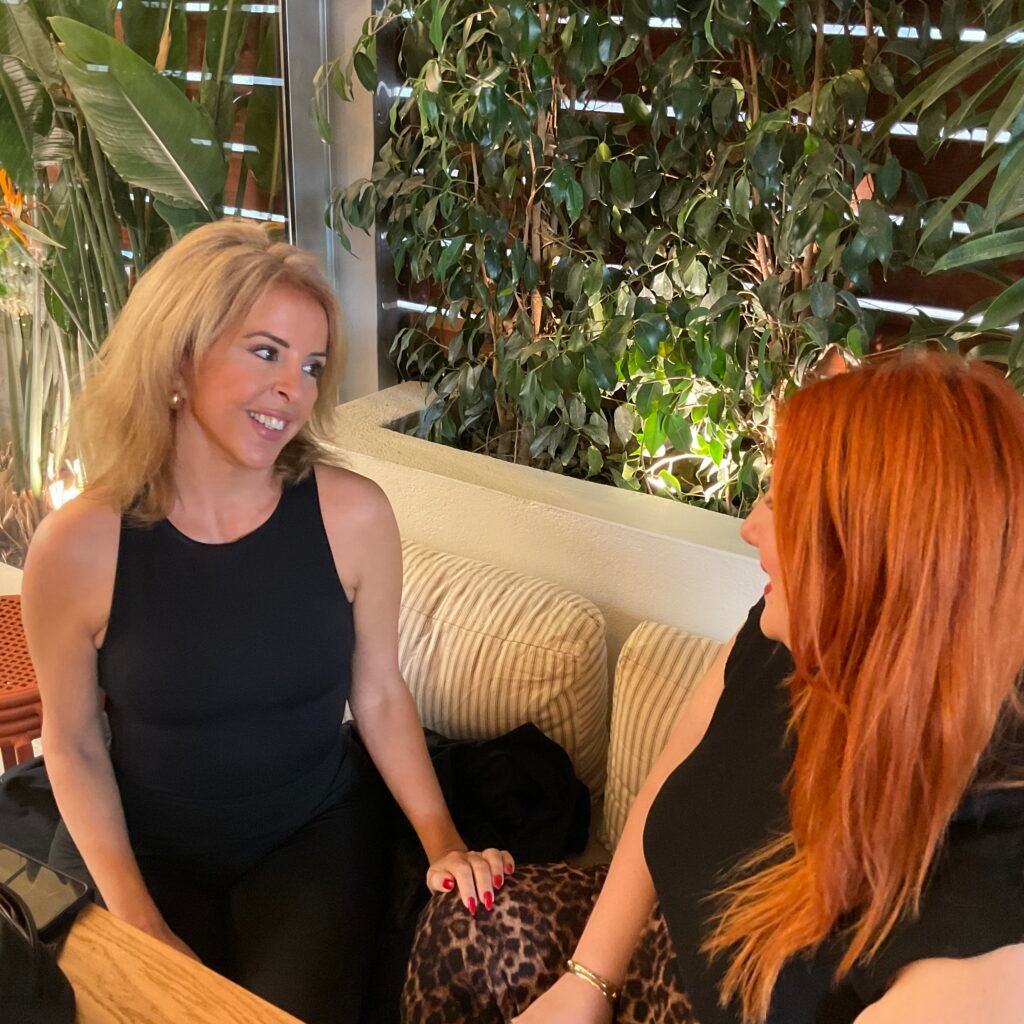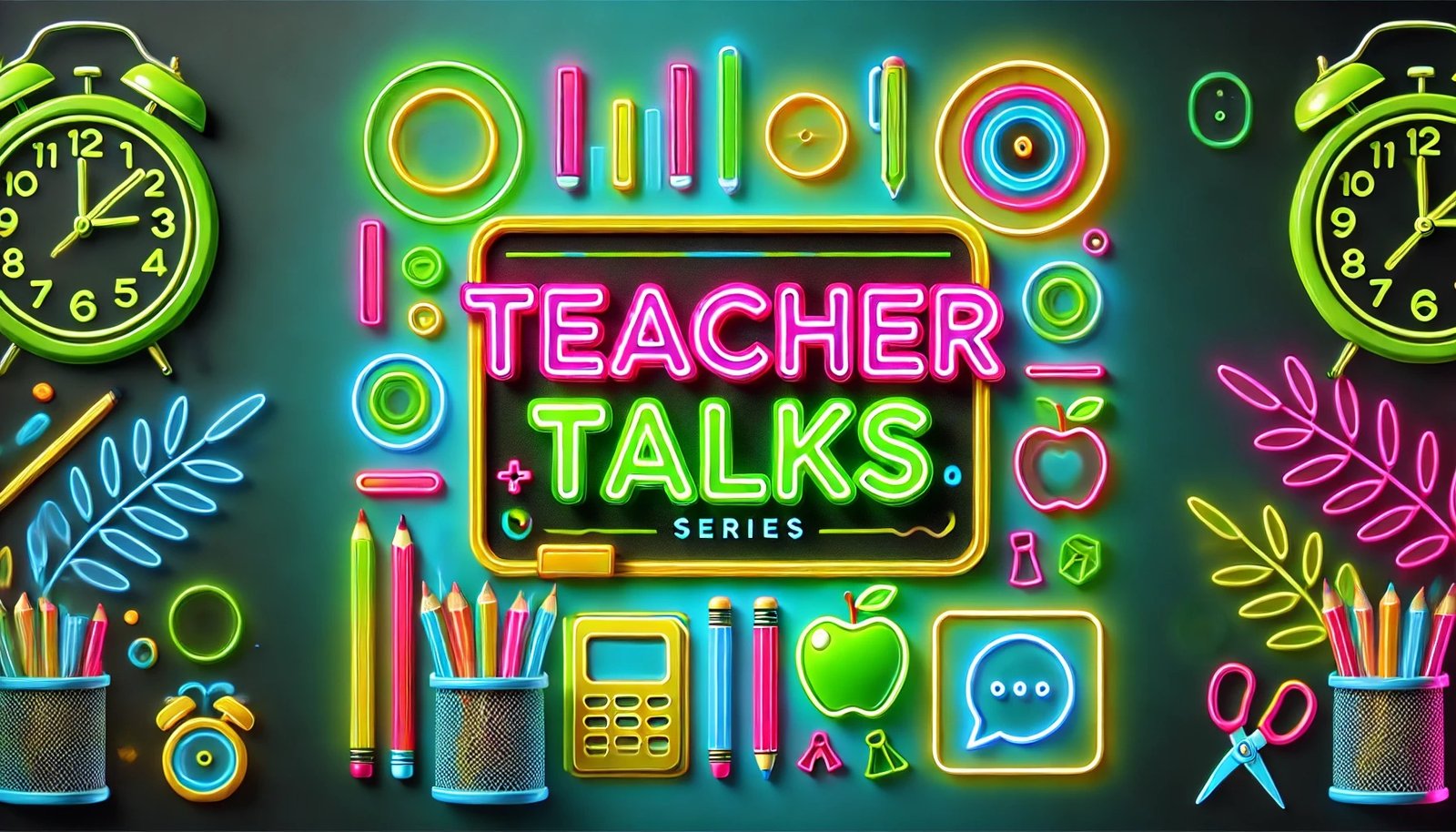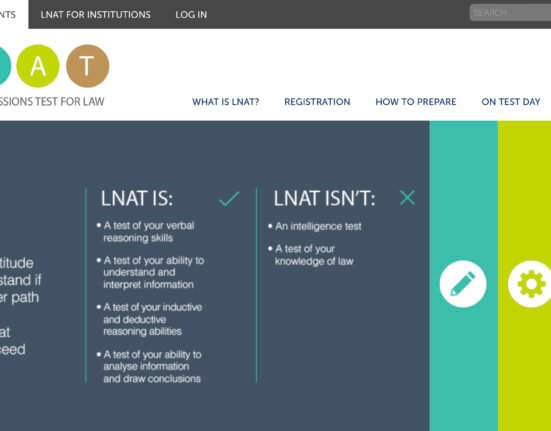Strategy & the Ethics of Education
Welcome to the first episode of Teachers Talk—a space where education meets heart, strategy, and purpose. I’m Tatiana Tsironi, an IB Literature teacher, writer, blogger, and advocate for lifelong learning and ethical education. I’m thrilled to be launching this new series, where I sit down with educators, experts, and parents to explore the deeper questions shaping modern education.
My guest for this very first episode is someone I truly admire—Emilia Drogaris, a respected and experienced IB Economics & Business teacher and a dear friend. Emilia brings a wealth of insight from both the business world and the classroom, making her the perfect person to kick off this conversation series.
Teaching Beyond the Curriculum
We both agree: teaching is not simply the delivery of content. It’s a form of mentorship, guidance, and leadership. It’s about helping students grow into thoughtful, confident, and ethical individuals.
When I asked Emilia what lies at the heart of her teaching philosophy, she shared something that resonated deeply with me:
“For me, everything begins with the student’s confidence. Once they believe in their intellectual ability, real learning begins. It’s about breaking concepts into small, digestible parts and guiding them step by step. Confidence is not a by-product of success—it’s the foundation.”
As a literature teacher, I feel this deeply. I always strive to make language and literature feel alive. My aim is to show students that books are more than stories—they’re mirrors of the human condition, case studies in morality, and maps for self-discovery. And when they engage with those ideas critically and ethically, they grow in profound ways.


Teaching as a Moral Endeavour
One of the most powerful moments in our conversation was when Emilia quoted the educator Neil Postman:
“Children are the living messages we send to a time we will not see.”
This quote captures the essence of teaching today—especially in a world of fast-changing technologies and shifting moral landscapes. Emilia emphasized that regardless of the subject, teaching must be guided by a strong ethical framework. For her, economics and business education are not just about profit and models, but about sustainability, equity, and decision-making rooted in values.
I couldn’t agree more. Literature, too, offers students a way to explore ethical dilemmas. Characters face difficult choices. They fail, grow, and evolve. And as readers, our students learn to analyze those decisions, reflect on their own values, and develop empathy.
A Career Spanning Borders and Disciplines
Emilia’s path into teaching is as fascinating as her philosophy. Born and raised in New York, she began her career teaching in a low-income school in Brooklyn. Later, she moved to Greece and was briefly swept into the corporate world—working in international business for a major American multinational, leading sales and marketing for the Middle East and Africa.
“Despite the prestige and success,” she said, “my heart was always in the classroom.”
In 2009, she returned to her true calling and spent 15 years at ACS Athens teaching IB Business and Economics. Along the way, she served as a CAS advisor, extended essay examiner, and even co-edited a Cambridge IB Economics textbook.
In 2024, Emilia transitioned into one-on-one teaching—a shift I personally relate to and champion. Like her, I find tutoring to be one of the most fulfilling aspects of my work. It’s intimate, personalized, and transformational. It allows us to truly connect, adapt to each learner, and create long-lasting impact.
Business & Education: A Strategic Parallel
One of the most unique aspects of our conversation was Emilia’s comparison between business principles and educational strategy:
“In business, you create a long-term vision and break it into tactical, manageable objectives. Teaching IB is the same—it’s a two-year journey that requires planning, adaptability, and strategy.”
As teachers, we know how to pace lessons, set realistic goals, and navigate a structured path while keeping student well-being and growth at the center. Teaching is not just an art—it’s strategic leadership. And that’s a perspective more people need to hear.
What This Conversation Showed Us
This first episode of Teachers Talk reminded me of why I started this series in the first place. Teaching is not confined to classrooms. It’s about relationships, leadership, morality, and vision. It’s about the future we shape every day—lesson by lesson, child by child.
In today’s discussion, we explored:
● How teaching and business strategy align
● Why confidence is the foundation of learning
● The ethical responsibilities of modern educators
● The value of one-on-one mentorship
● How collaboration between parents and teachers shapes responsible young adults
What’s Next for Teachers Talk
This is just the beginning. Teachers Talk will continue to bring forward the voices of educators, innovators, and parents who care deeply about the future of learning. We’ll tackle the questions that matter—from how to raise empathetic learners to how schools can adapt to a changing world.
If you’re passionate about education, ethics, and human connection—you’re in the right place.
Make sure to subscribe, share, and stay tuned for the next episode.
Thank you for being here—and welcome to the journey.
—Tatiana








